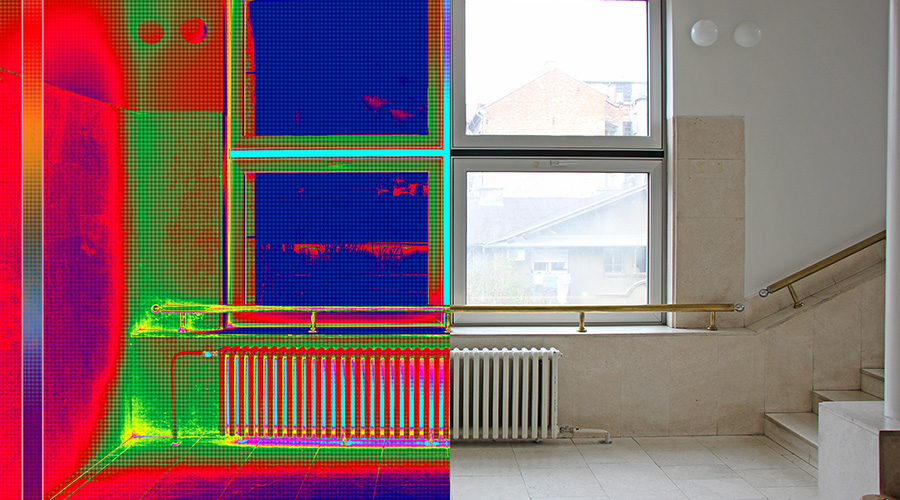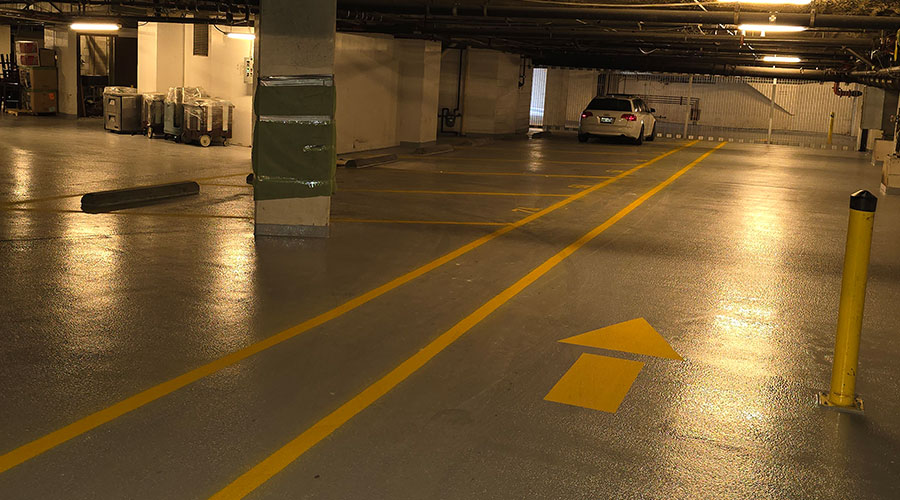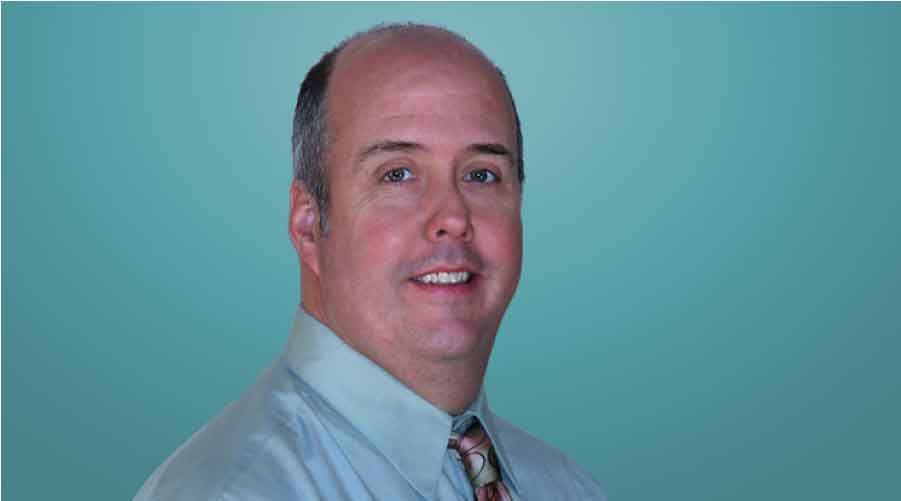Making Over Maintenance
Session focuses on the approaching maintenance staff shortage and how to cope

Baltimore, Maryland
March 15-17, 2005
|
|
The Details
|
| Tuesday, March 15 |
| Conferences: |
9 a.m. - noon |
| Exhibits: |
Noon - 4 p.m. |
| Opening night reception: |
4 p.m. |
Wednesday, March 16
|
| Conferences: |
9 - 11:30 a.m.,
3:40 - 4:40 p.m. |
| Exhibits: |
11:30 a.m. - 3:30 p.m. |
Birds of a Feather
Networking Sessions: |
4:45 - 5:45 p.m. |
Thursday, March 17
|
| Conferences: |
9 - 10 a.m.
1:10 - 2 p.m. |
| Exhibits: |
10 a.m. - 1 p.m. |
|
|
ONLINE REGISTRATION OPEN NOW
|
Click here for more information on
seminars,speakers and schedules, or call
(414) 228-7701, extension 343. |
Joel Leonard likes to call himself a maintenance evangelist, spreading the word about the need to recruit and retain maintenance staff. He cites sobering statistics, including one that predicts that the baby boom generation’s looming retirement in the next decade will result in a 40-70 percent loss of maintenance personnel.
“A critical issue is facing facility maintenance: a vacuum of skilled maintenance professionals,” says Leonard, a trainer for MPACT Learning Centers in Greensboro, N.C. “This has become more than just a seminar topic but a crusade.”
For several years, Leonard indeed has crusaded for this issue, conducting numerous workshops, meeting with government leaders and speaking at local schools, all in an effort to raise awareness of the need for skilled maintenance professionals. In 2004, Leonard brought his message to the National Facilities Management & Technology (NFM&T) conference and expo, where he and MPACT Learning president Pete Little presented a session titled “Averting the Maintenance Crisis.”
BK Upchurch, maintenance manager for Goerlich Exhaust Systems — an 800,000-square-foot automotive facility in Goldsboro, N.C — heard their message and acted.
“We were inspired to elevate our maintenance performance and transition from an emergency-driven to a more proactive department,” he says. “We have improved productivity, reduced downtime, elevated response time and improved morale.”
The transformation at Goerlich was so impressive that it received MPACT Learning’s Extreme Maintenance Makeover Award in recognition of the accomplishment.
“After witnessing their amazing achievements performed in just six weeks, we had to do something special to honor them, so we created this award,” Leonard says.
Upchurch’s progress will be detailed in Leonard’s presentation at the 2005 Maintenance Solutions Expo, where he and Little again will speak on the maintenance crisis.
In this session, attendees will receive detailed data on the extent and ramifications of this crisis, and will receive specific action items, proactive steps, tactics and techniques to minimize the affects on their operations. The session takes place at the Baltimore Convention Center on Tuesday, March 15, at 11 a.m.
 Codes & Compliance track highlights regulatory updates and changes Codes & Compliance track highlights regulatory updates and changes
The regulations and standards that affect maintenance and engineering departments often help ensure access to facilities, protect occupants, etc. But problems arise when facilities are caught off guard by a regulation or when compliance is burdensome. The Codes & Compliance track at Maintenance Solutions Expo will address existing and pending regulations and how to incorporate the requirements into operations. The following sessions are included in the track:
W2.08 — Wednesday, March 16, 10:15 a.m.
“Refrigerant Choices for HVAC, or Whatever Happened to the CFC Phaseout?” Presenter: Julian De Bullet, director of industry relations for McQuay International. This presentation will discuss what has happened in the HVAC industry since the events following the Montreal Protocol. Most users of air conditioning equipment rely upon their maintenance departments to keep buildings properly conditioned. Those who do not follow mandated rules, however, can incur substantial fines. This session will discuss these rules and the implications. Also, facilities are using new refrigerants with different operating characteristics and need new servicing techniques. The session will cover new refrigerants in turn and describe their individual requirements, and it will cover code requirements, along with sound servicing practices to assist building professionals in making good HVAC refrigerant decisions.
W2.10 — Wednesday, March 16, 10:15 a.m.
“Easy OSHA Compliance for Facility Professionals.” Presenter: David A. Casavant, President, Carlyle Consulting Group. Did you know that OSHA often targets maintenance and engineering departments because of the hazards buildings and related equipment present to employees? Are you familiar with OSHA requirements? Do you have the paperwork they will ask for? Do you have adequate records? Attend this session for a thorough review of what you should and shouldn’t do when it comes to OSHA compliance.
R1.10 — Thursday, March 17, 9:50 a.m.
“Understanding the New Energy Codes and Their Impact on Facility Lighting.” Presenter: Carl Watson, P.E., consulting engineer, Applied Energy Solutions. Gain an understanding of the new lighting and electrical provisions of the IESNA/ASHRAE/ANSI Standard 90.1, as well as discuss its consequences for facility lighting during both renovations and new construction. Additional topics will include the mandatory requirements and the two alternative prescriptive path approaches for code compliance for interior and exterior lighting. Three case studies will be presented.
T2.10 — Tuesday, March 15, 10 a.m.
“Implementing an IAQ Program for Multiple-Site Facilities.” Presenter: Richard Beck, facilities management director, and Michael Casanova, IAQ coordinator, Lee County (Fla.) government. Indoor air quality (IAQ) has moved to the top of many priority lists, and private industry has responded by creating seminars on mold and developing many new field sampling/testing devices. But an unwary manager might purchase training and equipment before establishing the goals and a systematic approach to addressing IAQ issues in house. This seminar will detail the steps, including some mistakes made by Lee County, in implementing its in house IAQ program.
|
Related Topics:









 Codes & Compliance track highlights regulatory updates and changes
Codes & Compliance track highlights regulatory updates and changes


